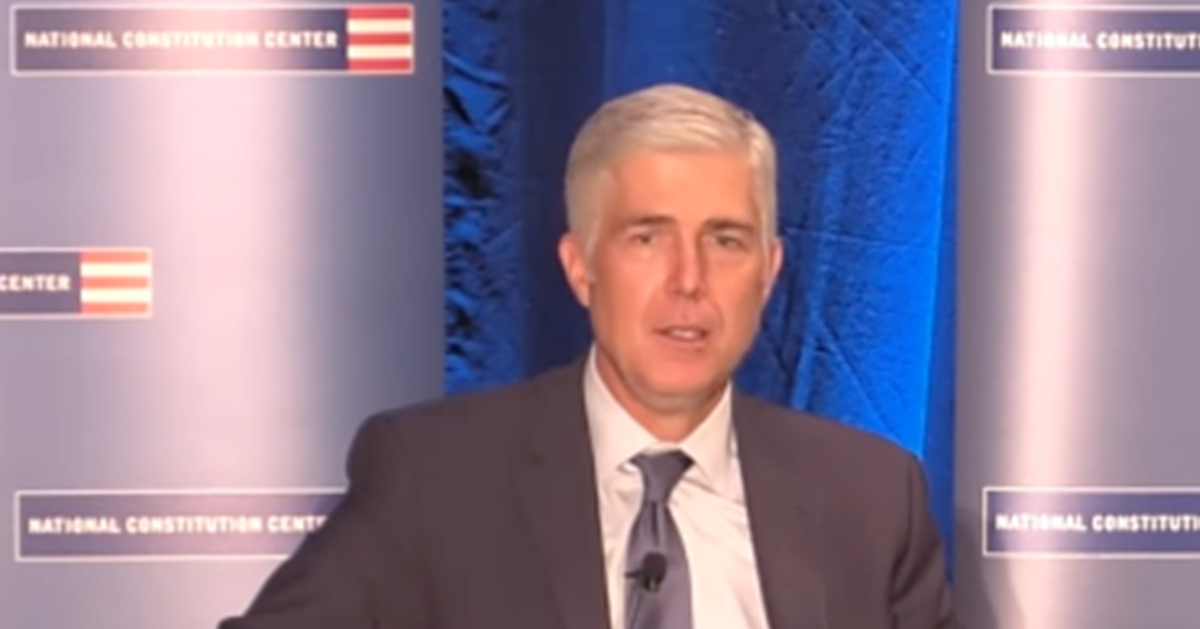DOJ Revises Strategies for Jan. 6 Defendants After SCOTUS Ruling
In a landmark shift, the U.S. Justice Department is reassessing its prosecutorial tactics in the wake of a significant U.S. Supreme Court decision regarding the events of Jan. 6.
The recent Supreme Court ruling curtails the use of obstruction charges against participants in the Jan. 6 Capitol breach, forcing federal prosecutors to alter legal strategies that could also impact former President Donald Trump, as Newsmax reports.
The Supreme Court's decision emerged from the case Fischer v. United States, which sharply defined the circumstances under which obstruction charges could be applied.
It explicitly limited these charges to acts of interference with physical evidence or documents in an official proceeding.
Analysis of Supreme Court's Impact on Prosecutions
This interpretation has profoundly affected the legal actions against individuals involved in the storming of the Capitol.
Originally, obstruction charges were levied against 259 defendants based on broader criteria.
Under the new ruling, however, to press an obstruction charge, prosecutors must now establish a direct linkage between the defendant's actions and the interference with the Electoral College certificates that were being certified during the congressional session on Jan. 6.
As a consequence, federal prosecutors have found it necessary to revisit the charges previously filed. Many of those accused are now being offered plea deals sans the obstruction charges.
New Legal Framework Leads to Altered Charges
The reevaluation of these charges has significant implications not only for new cases but also for those already processed.
Of around 1,400 charged in relation to the Capitol unrest, less than 2% -- merely 17 defendants -- were found guilty of solely obstruction without any accompanying felony charges.
These 17 individuals are currently serving sentences, primarily based on their convictions surrounding the obstruction of an official proceeding.
In light of the ruling, several individuals previously convicted of obstruction have been released from incarceration as their appeals proceed through the legal system.
Implications for Past Convictions and Future Prosecutions
In total, 130 individuals have been sentenced for obstructing an official proceeding as part of the broader Capitol protest prosecutions, with many also holding additional felony convictions.
These statistics reflect the complex nature of the cases stemming from the Jan. 6 event, illustrating how multiple charges are often piled onto a single defendant, reflecting the multifaceted aspects of the breach.
The Department of Justice continues to navigate the implications of this pivotal Supreme Court decision, adapting its strategies to ensure that prosecutions align with the new legal standards.
Future Legal Strategies and Justice Department Adjustments
The broader impact of this decision is still unfolding as legal experts and federal prosecutors assess its implications for other related cases and charges.
With the obstruction charge criteria now clarified, the Justice Department's approach to handling similar cases in the future will undeniably undergo significant modifications.
This adaptation process is crucial not only in terms of legal strategy but also in maintaining the integrity of the judicial process in politically sensitive cases.



